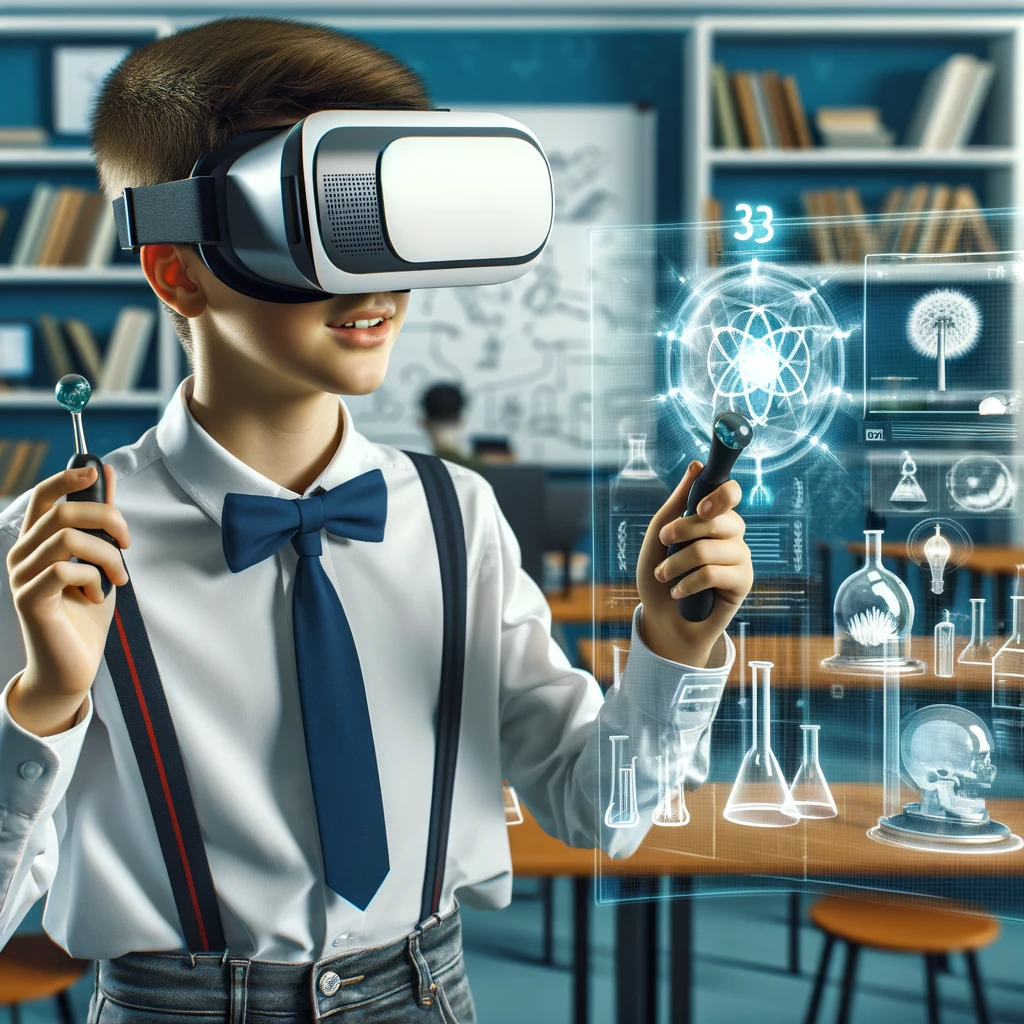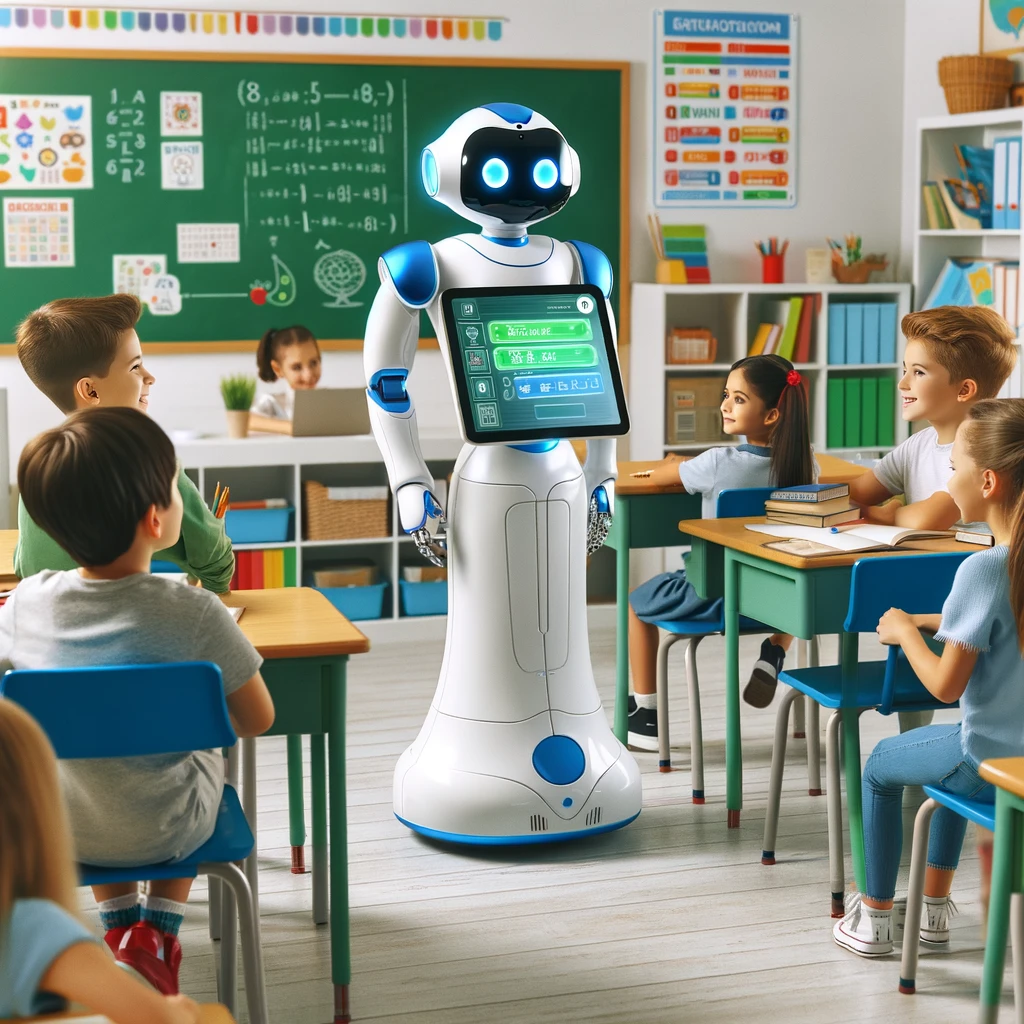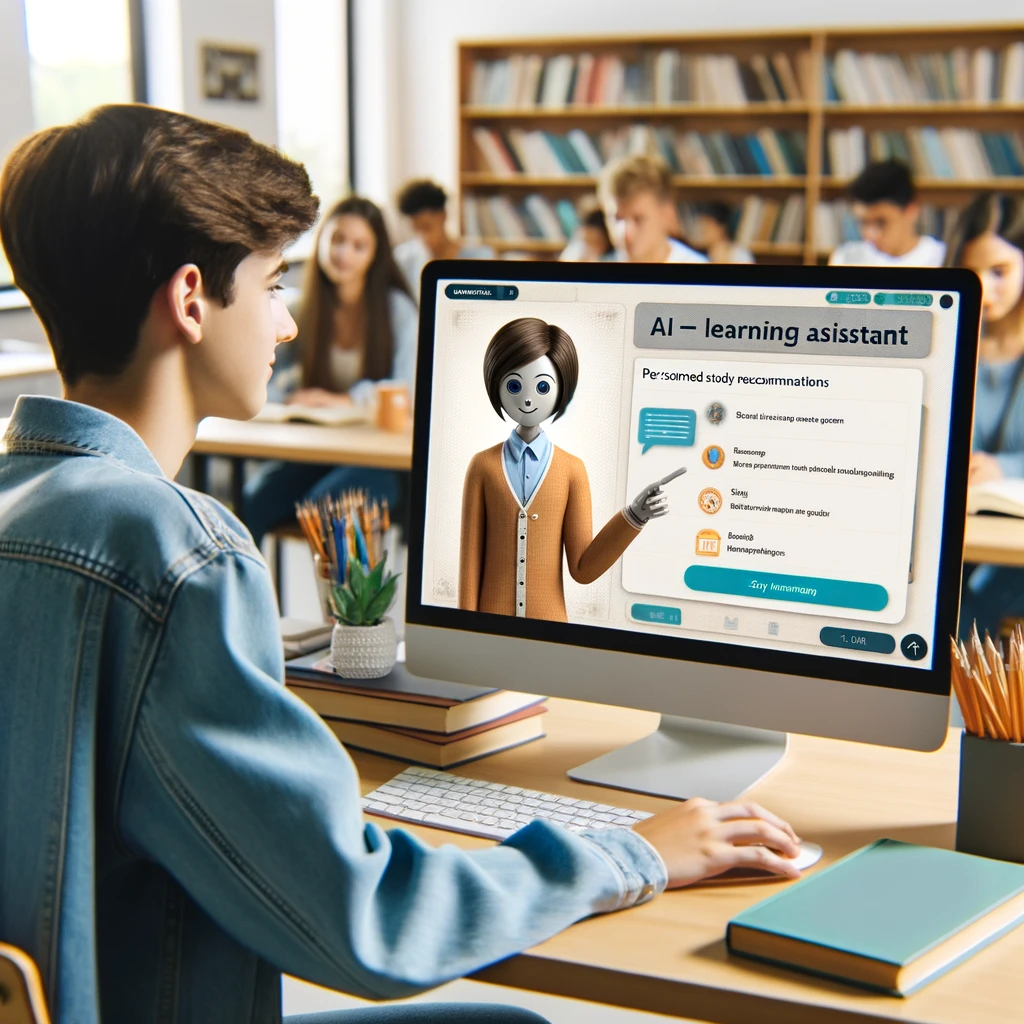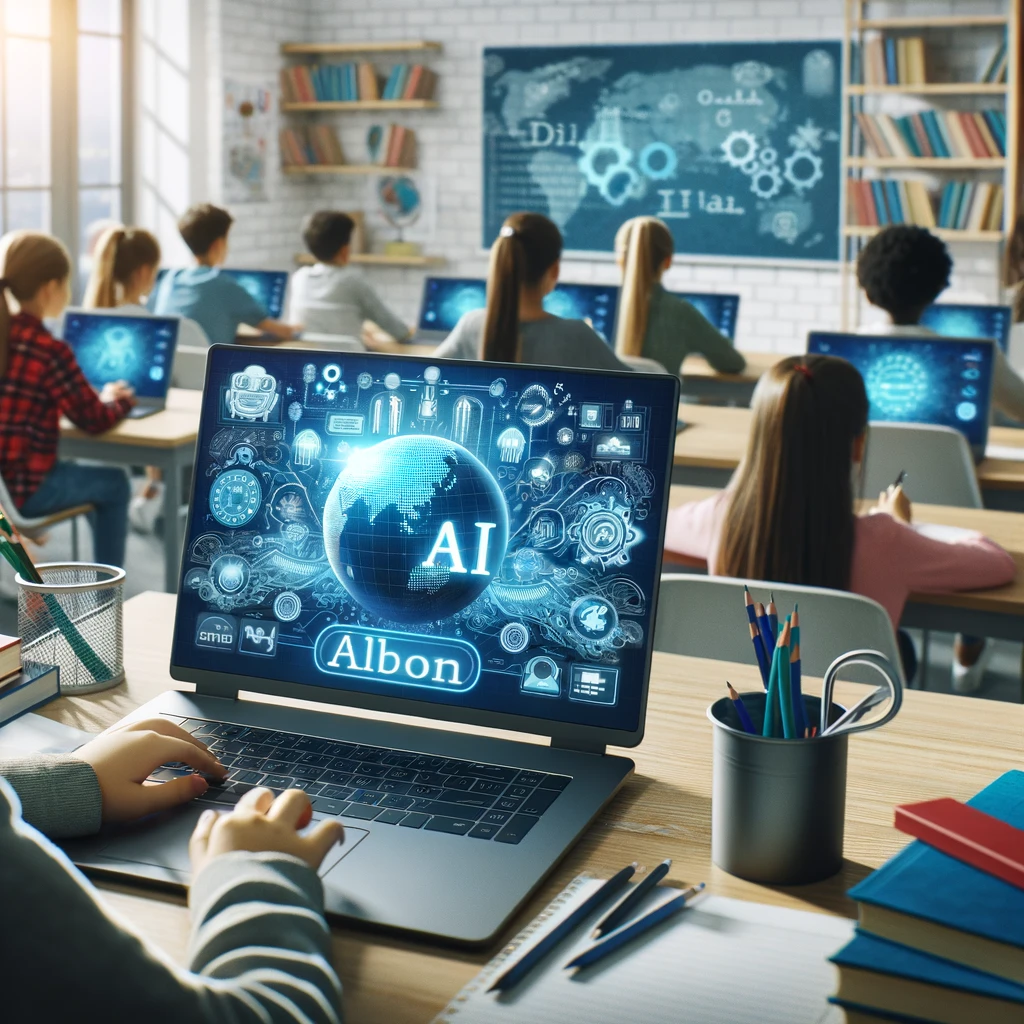
In the rapidly evolving landscape of education, Artificial Intelligence (AI) is no longer just a buzzword but a powerful tool reshaping the way we teach and learn. Personalized education, tailored to each student's unique learning style and pace, is the cornerstone of effective learning in the 21st century. This blog post explores how educational institutions can leverage AI to personalize student experiences, thereby enhancing learning outcomes and preparing students for a future dominated by technology.

Understanding the Role of AI in Education
AI-Driven Learning Analytics
By analyzing student data, AI can identify learning patterns, strengths, and areas for improvement, allowing educators to tailor their teaching methods.
Adaptive Learning Technologies
AI systems adapt to each student's learning pace, offering customized resources and activities to address individual needs.
Automated Administrative Tasks
AI can automate grading and administrative tasks, giving educators more time to focus on teaching and personalization.

Strategies for Implementing AI in Personalized Learning
Integrating AI Tools into the Classroom
Utilize AI-powered educational platforms that offer adaptive learning experiences.
Implement AI-based assessment tools to provide real-time feedback and personalized learning paths.
Data-Driven Decision Making
Collect and analyze student performance data to understand learning preferences and behavior.
Use AI algorithms to predict student outcomes and identify areas needing intervention.
Fostering a Collaborative Learning Environment
Encourage collaboration between AI tools and human instructors to enhance the learning experience.
Use AI to create a more engaging and interactive classroom environment.
Ensuring Ethical and Privacy Considerations
Address privacy concerns by securing student data and ensuring transparency in how AI algorithms function.
Be mindful of ethical considerations in AI, such as bias and fairness in automated decision-making.

Challenges and Limitations of AI in Education
- Address the potential limitations and challenges of integrating AI, such as cost, accessibility, and the digital divide.
- Discuss the importance of human oversight in AI applications to prevent over-reliance on technology.

The Future of AI in Education
- Speculate on the future advancements in AI and their potential impact on education.
- Emphasize the importance of preparing students for a future where AI is integral to many aspects of life.

Conclusion
The integration of AI in education offers a myriad of opportunities to personalize learning experiences for students. By harnessing the power of AI, educators can provide more engaging, efficient, and effective education tailored to the needs of each student. As we navigate this exciting era of technological advancement, it’s crucial for educational institutions to embrace AI, ensuring they remain at the forefront of innovative teaching and learning practices.


